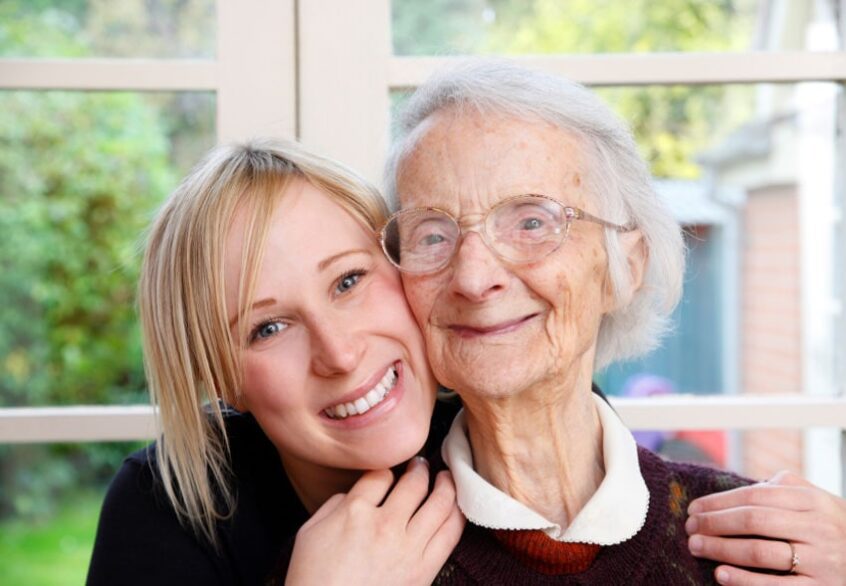Just 100 years ago, it was considered a remarkable milestone for someone to celebrate their 100th birthday. Today, thanks to advancing medical technology and better health care, there are more
centenarians than ever. But what’s their secret to a long life, and even more important, how can they not just add years to their life, but life to their years?
That’s at the heart of what Dan Buettner, founder of the concept of the blue zones, was seeking to define. Thanks to previous research, he knew about 80% of how long the average person lives is dictated by lifestyle and environment. So, in association with National Geographic and with funding from the National Institute on Aging, Buettner and a team of demographers studied census data, identifying five pockets throughout the world where people are living longer lives as verified by a number of measurements. These pockets include:
- Ikaria, Greece
- Loma Linda, California
- Nicoya, Costa Rica
- Okinawa, Japan
- Sardinia, Italy
The team of experts then used established methodologies to try to determine why people in these communities had such remarkable longevity. Buettner and the researchers dubbed these “blue zones,” and their goal was to identify which lessons or principles could be applied to build healthier communities and to help people everywhere live longer and better lives.
Here are the shared characteristics of individuals who live in the “blue zones.”
Activity
- According to a National Library of Medicine article summarizing Buettner’s work, the world’s longest-lived people do not “exercise.” In blue zones, people move about every 20 minutes by participating in activities such as gardening, kneading their own bread, and using hand-operated tools. Their houses are not full of conveniences. When they do go out (e.g., to school, work, a friend’s house, a restaurant, or to socialize), it is almost always on foot. Movement is embedded in their daily lives.
Outlook
- Stress is part of the human condition, and people in blue zones suffer the same stresses as others. However, the people living in blue zones have daily rituals that reduce stress and reverse the inflammation associated with stress. These rituals varied and included activities such as prayer, ancestor veneration, napping, and happy hour.
- In the blue zones, people have vocabulary for purpose. Buettner described a recent study from Canada that followed 6,000 people for 14 years and found that those people who could articulate their sense of purpose had a 15 percent lower risk of dying. Another study, this one from the National Institute on Aging, found that people who could articulate their sense of purpose were living up to 7 years longer.
Diet
- In most cases, people in blue zones consumed moderate amounts of alcohol (most commonly two glasses per day, but as much as four glasses per day).
- A meta-analysis by Buettner of 154 dietary surveys in all five blue zones found that 95 percent of 100-year-olds ate plant-based diets, including plenty of beans. Beans are inexpensive, full of fiber and protein, and nutritionally rich. The 100-year-olds also eat a lot of carbohydrates, but in the form of whole grains and sourdough breads rather than in breads leavened with yeast.
- Buettner also observed that the longest-lived people have strategies to keep themselves from overeating. There is clinical evidence that strategies such as stopping to say a prayer before meals, eating slowly so that the full feeling can reach the brain, not having televisions in kitchens, or eating with family lead to decreased food intake. In all five blue zones, people eat a large breakfast and a smaller lunch, with dinner being the smallest meal of the day.
Connections
- Centenarians spend a lot of time and effort working on their relationships with their spouses and children. Adult children are likely to keep their aging parents nearby.
- People in blue zones tend to belong to a faith-based community. Individuals of faith who regularly attend a faith-based service live 4 to 14 years longer than their counterparts who do not, Buettner said.
- Healthy behaviors are contagious, but so are unhealthy ones, such as obesity, smoking, drinking, loneliness and unhappiness. The world’;s longest-lived people create social circles around themselves that support healthy behaviors.
Want to learn more about blue zones and how they could impact our daily lives? We’ll explore this important topic in our blogs this month, including how hearing your best can help you add life to your years! An important part of staying connected is making sure you can hear your best.



